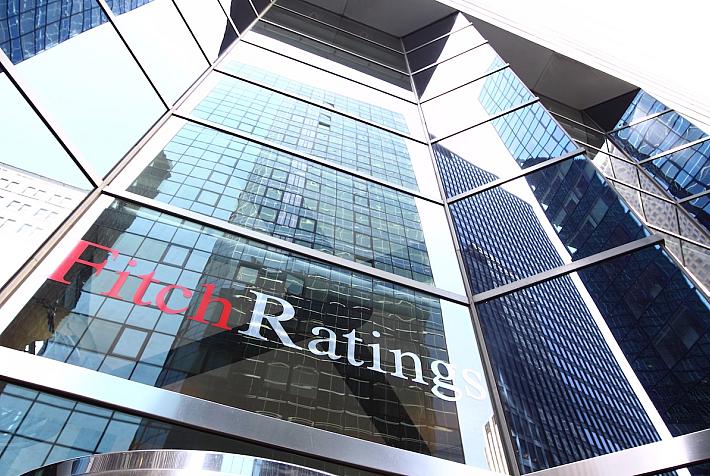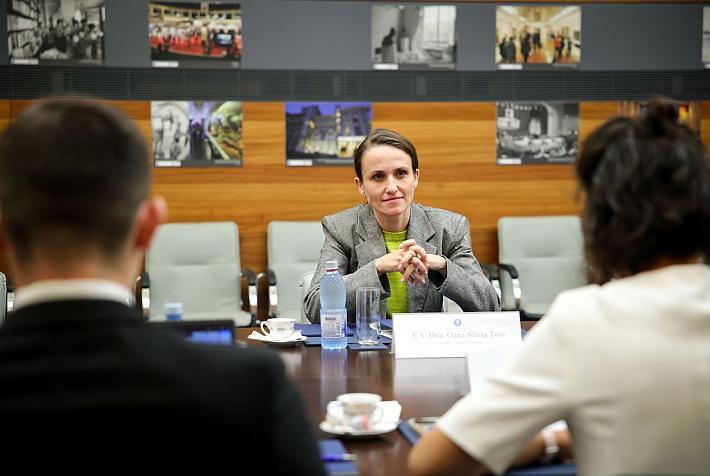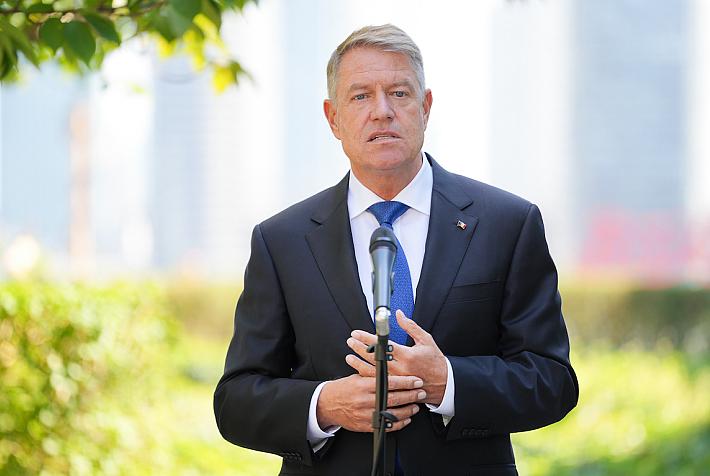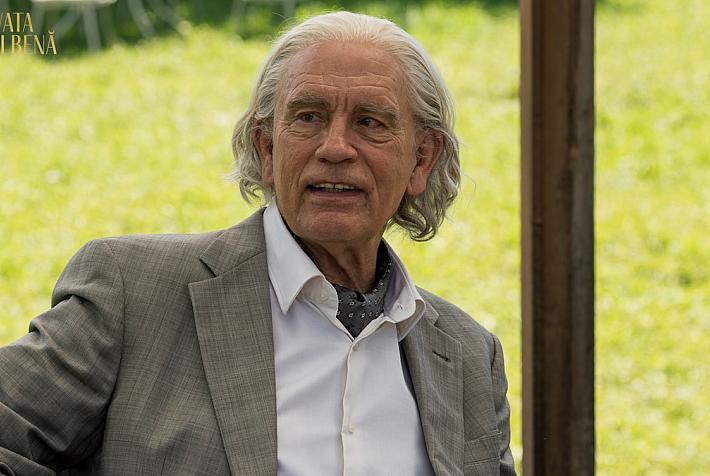(P) Doing business in Romania is an extremely tricky thing

Patrick Nordstjærne, author of this article and Country Manager @ Sibus - Simplicity in Business
If you sell your product or service too expensively, too few people can actually afford to buy them. If you sell them very cheap, people will believe they are not worth the money and if you offer them a free service, most will think: “Something is not right, it cannot be good?”
In real life, what happens is that people postpone the decision to buy and wait in anticipation that “a better offer” is going to come. Sometimes it does, but in most cases it doesn’t.
Now if an entire economy works this way and no one trusts in what they see and what is being said, then of course very little happens. Over time that kills ideas before they ever grow to become actual businesses and before people can learn to trust in them. It kills the future before it even started.
When I first came here, I was surprised to learn that almost nobody trusts in the political system. Many people are afraid that people around them will try to take advantage of them and too many have too little confidence in their own ability to change anything else but their socks.
And this, ladies and gentlemen is in fact one of the reasons why we started Sibus – Simplicity in Business.
Our aim is to create a market place that builds trust in markets and services, which are complex to most. We help individuals, small and medium-sized businesses to make better and more cost-efficient decisions for themselves, simply by adding trust to the equation.
We allow people to save time and money, while providing them with a quality service from a trusted source, because - and this is important - we collect the feedback from each transaction that allows us to decide if our partners are right or not.
But how come this service is free? Is it really free and can I trust it?
Of course you can trust in it, otherwise the business would not be here. A company that is built on trust must maintain this at any cost. Trust from clients that we work to produce the best possible solutions for them and trust from the partners that our clients are truly serious and committed to finding quality.
Is it really free? Well, if you are trying to build trust in the market it would seem like a really bad idea to promise something unless you are actually delivering it. Yes, of course the service is free and non-binding for our clients. This is why they come to us in the first place.
Instead of spending their own time looking all-over for a solution, we provide them with 3 offers within 6 hours. We listen to what they want and need and distribute their request in our network of trusted suppliers.
Partners who understand the client’s industry and size of business will respond when we send out our requests. And by receiving 3 offers, the client actually gets a quick overview of how the local market situation looks. What we see in most cases is that the client continues with the 2 lowest prices and tries to understand the difference in what is included and not.
An example
I can give you an example from a typical working day at Sibus. Yesterday, a business owner from Constanta contacted us online. He is operating a small construction company with 3 employees working abroad. He was contacted shortly after on phone by our Accounting Team and approved as being serious, attractive and right for our partners.
We of course have paying partners in Constanta, but not all are familiar with construction and EU transactions are slightly more complex than normal. For that reason we only found 2 suitable partners in our database and therefore a search for the third partner began.
Although we have more than 100 potential partners listed in Constanta, it took us an entire day to talk to new partners. We introduced the client activity and company, but out of 80 accountants called, only a handful were qualified to help and out of them only one was open to the idea of accepting clients this way. The rest thought that we were trying to trick them or that the client would not be serious. We even had a partner telling us that he was not working this week?!
So you see…even if you successfully manage to convince your client that you can help him find a better solution quicker than he would be able to himself, we still have to work extremely hard to build trust with the partners.
This process takes time, but eventually our network will trust us and respond every time we have a new client coming for help. Meanwhile, we have to work to build trust in the market that our service actually is free, non-binding and that it saves clients both time and money.
Business should be simple and it should include trust that businesses work to provide long-term benefits. The most successful businesses manage to build sustainable relationships with their customers and suppliers. Like a small self-sustaining ecosystem where balance is kept because each element manages its role to perfection.
Now if you are only buying tomatoes from your local grocery shop, that’s not really a significant financial problem and whatever decision you make, the consequences will be easy to manage. This is basically why we all ask for advice from friends and colleagues whenever our buying decision is a little more complex.
Patrick Nordstjærne, Country Manager @ Sibus - Simplicity in Business
Contact: pno
(p) - this article is an advertorial











